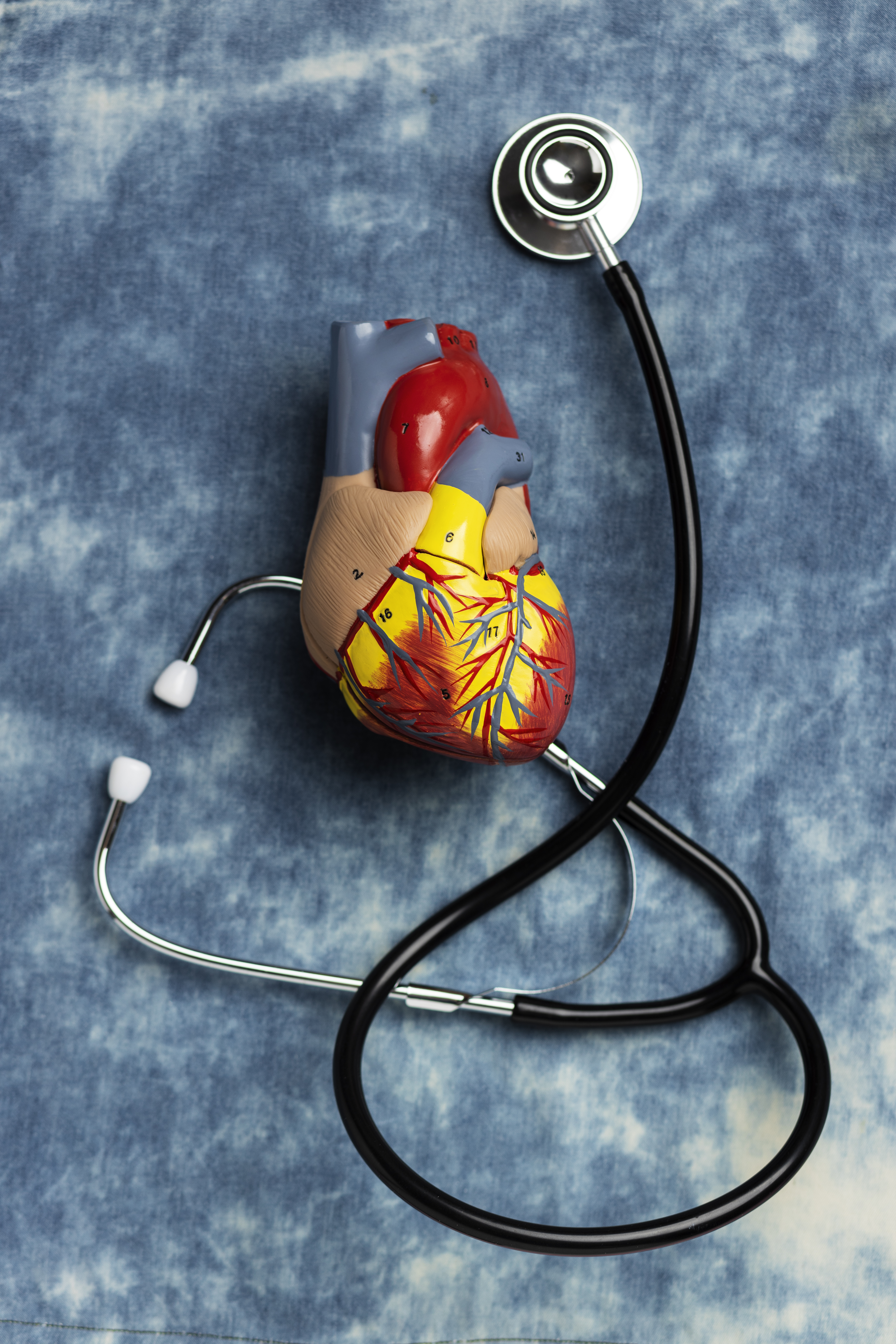In the ever-evolving landscape of healthcare, cardiovascular surgery stands as a field where precision and expertise are paramount. Behind the scenes of each successful cardiovascular procedure lies a crucial component—surgical instruments. However, these instruments are not just tools; they are a reflection of the skilled hands that wield them. In this article, we will explore the profound importance of training and education in the manufacturing of cardiovascular surgical instruments, examining how skilled artisans and advanced training programs shape the future of patient care.
1. The Art of Craftsmanship: Meticulous Instrument Crafting
Creating cardiovascular surgical instruments is an art form in itself. Skilled artisans, often with years of experience, meticulously craft these instruments by hand. Their expertise ensures that each instrument meets exacting standards of precision, functionality, and durability. Training and apprenticeships provide future artisans with the essential skills to carry on this time-honored craft.
2. Technological Advancements: Marrying Tradition with Innovation
While the artistry of handcrafting remains essential, technology is revolutionizing instrument manufacturing. Skilled artisans now work alongside engineers and technicians, integrating cutting-edge technologies like CNC machining and 3D printing. Training programs equip individuals with the skills to harness these tools effectively, ensuring that tradition and innovation coexist harmoniously.
3. Quality Control: Precision and Safety
Training programs extend beyond craftsmanship to encompass quality control. Ensuring that each instrument meets rigorous safety and performance standards is a critical aspect of manufacturing. Skilled quality control professionals receive training to meticulously inspect instruments, guaranteeing they adhere to strict guidelines and regulations.
4. Customization: Tailoring to Surgical Needs
Training extends to understanding the unique needs of cardiovascular surgeons. Manufacturers collaborate closely with healthcare professionals to customize instruments for specific procedures. This level of personalization enhances surgical precision and patient outcomes, emphasizing the role of education in understanding the intricate demands of surgery.
5. Advancing Materials: Knowledge-Driven Choices
The choice of materials in cardiovascular instrument manufacturing is critical. Educated decisions on biocompatible materials, coatings, and finishes are essential for patient safety. Training programs provide materials engineers with the knowledge needed to select and test materials rigorously, ensuring they meet the highest standards of biocompatibility and durability.
6. Technological Training: Harnessing Advanced Equipment
Modern manufacturing facilities are equipped with advanced machinery and computerized systems. Specialized training is essential to operate and maintain this equipment effectively. Skilled technicians receive education on the operation, maintenance, and troubleshooting of these machines, ensuring seamless instrument production.
7. Collaboration with Surgeons: Bridging the Gap
Training programs foster collaboration between instrument manufacturers and cardiovascular surgeons. By understanding surgeons’ preferences, challenges, and needs, manufacturers can create instruments that enhance surgical capabilities. This collaboration, often facilitated by education and training initiatives, results in instruments that truly serve the surgical community.
Conclusion: The Heart of Patient Care
The manufacturing of cardiovascular surgical instruments is a blend of art, science, and precision. At its core is a commitment to education and training that ensures the highest quality and safety standards. As technology advances and surgical techniques evolve, the role of training becomes even more critical.
At MedivationBio, we understand that manufacturing cardiovascular surgical instruments is more than a business—it’s a responsibility. We invest in education and training initiatives to empower our team with the knowledge and skills necessary to create instruments that elevate patient care and contribute to the success of cardiovascular procedures.
Ultimately, the importance of training and education in cardiovascular surgical instrument manufacturing extends far beyond the factory floor; it reaches the heart of patient care, ensuring that every instrument used in surgery reflects the commitment to precision, safety, and excellence.

